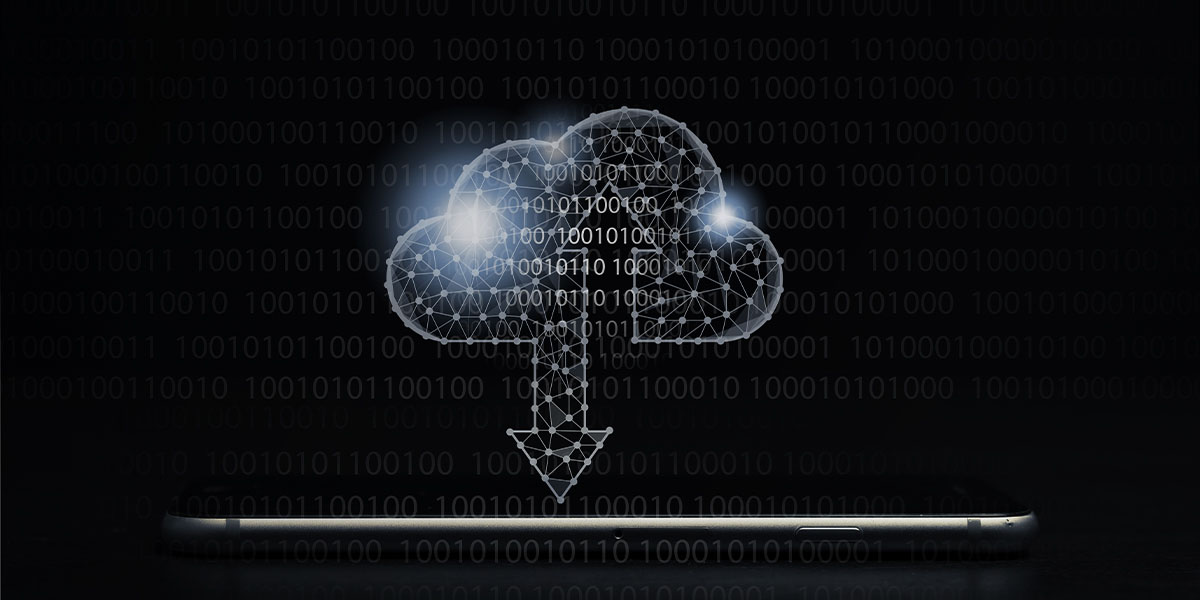Being in “the cloud”,
the new reality for law firms
Although cloud computing may appear a relatively new technology, the truth is that it has been with us for nearly half a century. It was in 1961 when the creator of the language used to develop artificial intelligence, John McCarthy, came up with the idea of collective computing in a world that did not yet know the Internet. However, it was not until the 90s that we first heard the term ´cloud computing´. Today, virtually every company uses some kind of cloud-based service. A trend that is penetrating with force in law firms.
Cloud computing has long since ceased to be the future and has become the reality of the legal sector. Cloud services range from email management, document management, project management, customer management (CRM), jurisprudence or legislation databases, and integrated management (ERP), among others. In sum, almost all software tools can be contracted to the cloud.
Moving from storing all data in an organization to doing it in the cloud means significant savings in costs and maintenance time. For example, it is not necessary for firms —notably the smaller ones— to have IT personnel dedicated to server maintenance, so that technological services become an operation and scalable expense (the client contracts according to their needs).
In addition, it allows to multiply exponentially the availability of data and even its security. Indeed, the security of the information that is managed each day – both their own and of their clients – is one of the factors that most concerns law firms. And these services have become so sophisticated that it is practically impossible that the information is lost by any type of accident.
Cloud computing is yet another example of how technology, far from replacing lawyers with robots or machines, helps to improve efficiency in processes and, therefore, offer a better service to the end client. Other advances, such as blockchain, the Internet of Things (IoT), or artificial intelligence (AI), are also becoming key elements in transforming and growing the legal sector.
Learning about these technologies and making the necessary transition from an analog mentality to a digital mentality, can be done remotely — in Spanish or English — with full guarantees at the hands of leading educational institutions in technology and in the legal field. This is the case of the Professional Certificate in Legal Tech in the Digital Era, offered by MIT Professional Education (US) in collaboration with Esade (Spain).
Technology is changing much faster than law. Professionals and law firms must transform themselves in order to offer better and more efficient services in an eminently technological society. In a global market, acquiring an important competitive advantage to face new projects is fundamental.
To read the article published in Spanish on The Lawyer Magazine:
